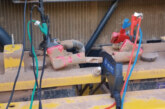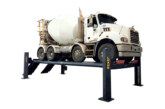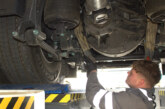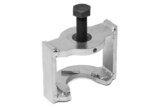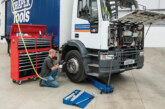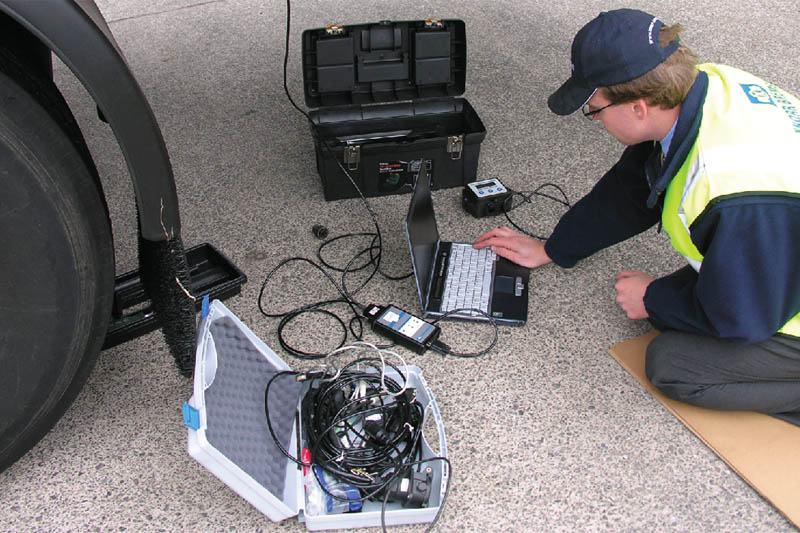
When a trailer EBS system is faulty, it’s easy to blame the ECU, but with a little analysis and the right equipment, even the most cash-strapped operator can avoid needlessly replacing this expensive unit. Knorr-Bremse explains.
Do any of the following sound familiar?
- “We have checked everything else so it must be the trailer ECU.”
- “We couldn’t communicate with it so we changed it…the new one was just the same, so we fitted another.”
- “It had an intermittent sensor fault so we changed the ECU…the new one does the same”
So, what should you do? Firstly, you need a good diagnosis, which normally means employing a good service provider, having your own trusted computer system, or specifying Knorr-Bremse Trailer Information Module (TIM) on your trailers.
If you’re using an Expert Service Network, ask them for the fault report as you can only make an accurate diagnosis from one. The fault report is straightforward, listing stored and active faults. Active faults are those causing a problem right now; you need to take the necessary action to fix these faults and extinguish the warning light.
Faults listed as inactive are those which have been a problem in the past. They are not causing an issue and have no effect on the warning light, but they may offer clues to what has been happening. Mileages and other information listed will assist in planning a course of action. Before changing the ECU, check the following suspects first to save you money and your sanity:
No communication
Firstly, what electrical supply are you using to power the trailer? If the answer is the truck – forget it! You can spend hours or even days working on a ‘faulty’ trailer to find it is actually the truck at fault. You need a good, proven power supply; a battery power box for example, or even two batteries connected together. A fair number of problems go away at this point.
Sometimes there are no active faults, only stored ‘low voltages’ and ‘powered with speed’ faults. The latter is straightforward enough; powered whilst the system can see wheel speed. The cause is a faulty, or lack of, ISO7638 power supply but a good feed from the stop lights (ISO1185). Normally, if you see internal module failures with the ‘powered with speed’ fault, the best response is to delete them. If it is a real issue, it will come back quickly; a test drive will verify this.
The PC
Diagnostics need the data port on a PC to communicate with the trailer. If you have recently installed software that also uses this port (a camera, a phone etc.), it is highly likely that the PC loses its way and uses the wrong driver or tries to connect to the camera. The same applies to USB adaptors. The answer to this is always to use a dedicated port if possible.
The system
If there is a good power supply and the PC worked 10 minutes ago, then there are only two possible culprits: the cables and the ECU. Either one can stop communication dead. First, check the ECU; hold your foot brake down and turn on the power supply/ ignition, the valve should ‘click’ and this confirms that the ECU is working.
Try to communicate with the ECU. The method of communicating is determined by the age of the ECU, not the age of the trailer; all ECUs should communicate via the diagnostic socket, but most trailer builders now use the ISO7638 ‘CAN’ diagnostics.
Keeping both a spare power lead with a diagnostic socket and a spare ECU is good practice. With these, you can remove one of the elements that stop you working out what is letting the installation down.
For example, if the original lead with the spare ECU works, then the old ECU is faulty, and if the original ECU works with the spare lead, then the old lead is faulty (not forgetting to try both CAN and diagnostic socket). Often it does work with the spare lead and you’ll find that a newly replaced ISO7638 socket has been wrongly wired.
How many times have you had trailers parked up for weeks while one valve is changed, and then another valve started leaking and the hours were clocking up faster than the final bill? How much does a vehicle off the road really cost? It’s worth considering that when the trailer is fitted with EBS and TIM, you can limit the damage considerably.
Useful info
- Re-loading the information file that you have extracted from the ECU will not have any effect on its operation. If it is wrong when you get there, it will still be wrong when you leave.
- The best way to get a Knorr-Bremse equipped trailer through an MOT is to avoid the aggro with the test station manager – just start the system up with your foot on the brake pedal.
- Vagueness on the type of sensor fault (probably the most common of all) makes diagnosis difficult. “It’s a sensor fault” is as useful as saying a valve has a leak! Knorr-Bremse differentiates between approximately 35 different sensor faults, but don’t worry, the company has technical help available to guide you through.
- If the trailer has an ISO socket, it must be compatible with the towing vehicle.
- Replacing a faulty ECU should take less than 90 minutes, but remember, it must be programmed.


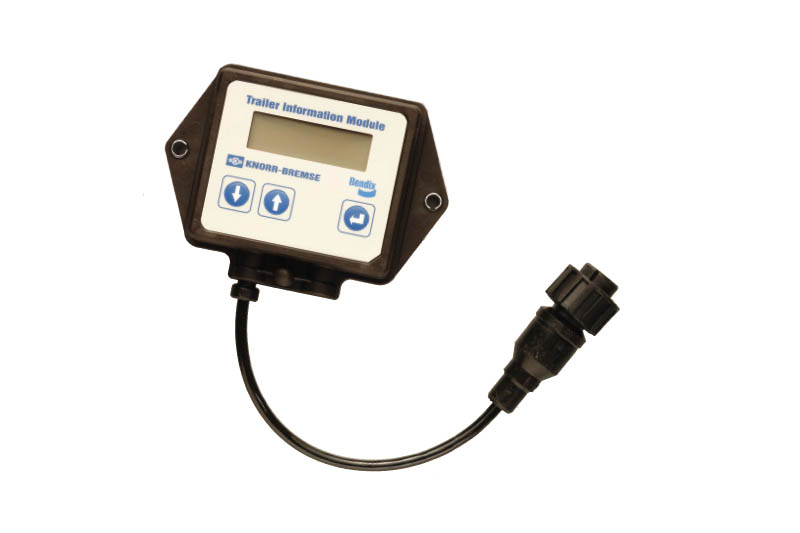
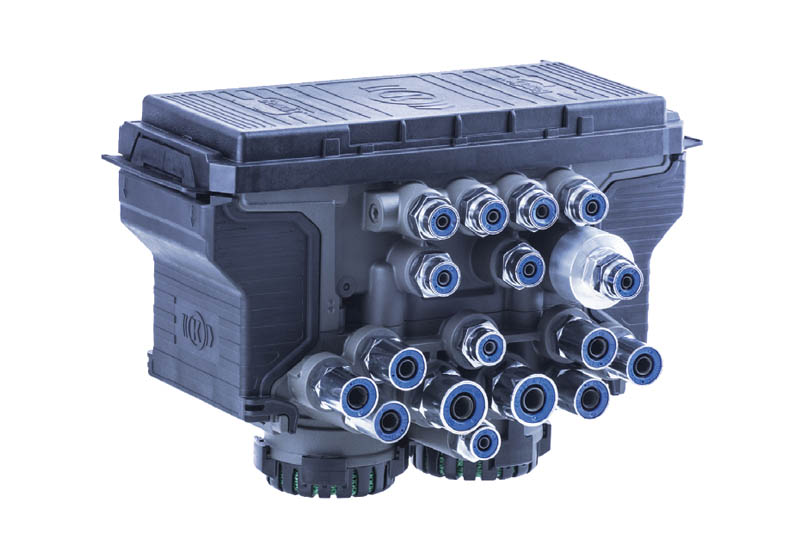

![Bosch outlines ESI[tronic] workshop software](https://cvwmagazine.co.uk/wp-content/uploads/2025/07/Bosch-ESItronic-25-165x109.jpg)
